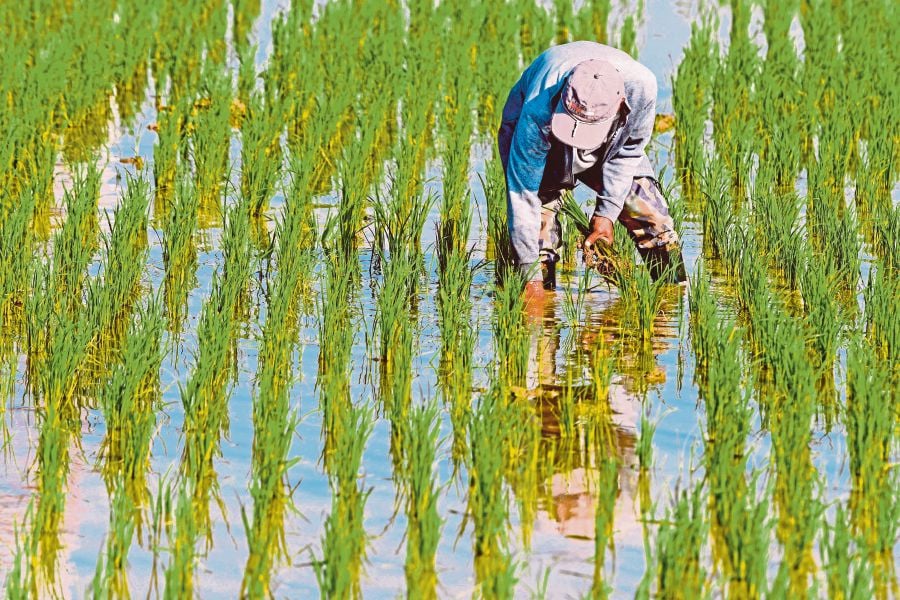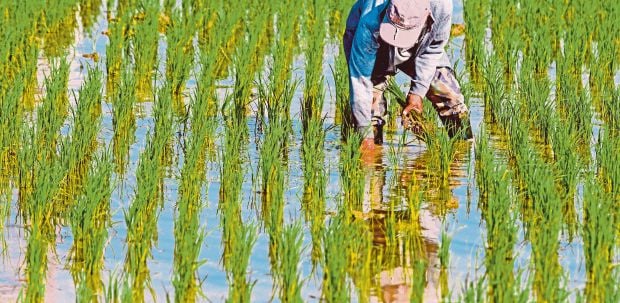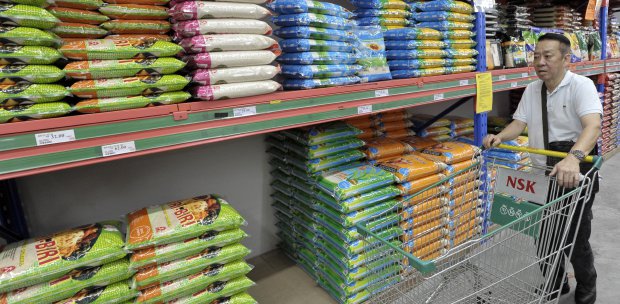KUALA LUMPUR: The government is in the process of reorganising the country's rice management structure as a long-term plan to address rice issues in the country, the Dewan Rakyat heard today.
Agriculture and Food Security Minister Datuk Seri Mohamad Sabu said the structure of rice-related issues in the country was established in the 1980s.
He added that the government is also expected to announce a new scheme to address the issue of rice in the nearest time.
"The government is in the process of reorganising the structure (of rice) this year and we are currently engaging with farmers, manufacturers, distributors and retailers (to gain their feedback).
"This is as when the ministry announces (the new structure) later, all parties involved will be satisfied and this is a long-term plan by the ministry," he said during minister's question time in Dewan Rakyat, today.
Mohamad said this in response to Datuk Rosol Wahid (PN-Hulu Terengganu) on the government's plan to address the issue of shortage of rice in the country.
Padibernas Nasional Bhd (Bernas) is currently the nation's sole rice importer and its concession agreement with the government has been extended twice, with the latest ending in 2031.
Meanwhile, Mohamad also acknowledged that the issue of white rice shortage will continue to be a problem if nothing is being done to boost rice production in Malaysia.
"The local white rice production is only at 62 per cent in Malaysia and with the government contract to distribute white rice to schools, hospitals, police stations and others for zakat, the balance (of rice) stood at about 50 per cent.
"(And) we know that India is limiting its rice export which has caused us some problems.
"This is why I am trying to play a role by working with the officers to also open more farms (for padi and rice production)."
He added that various accusations, such as the issue of mixing local white rice with imported white rice, will also arise if the production of white rice is not increased.
"We do not want this to become a problem. Hence, we need to find a solution that can satisfy everyone.
"An intensive engagement session with related stakeholders, such as the farmers and members of parliament, will also be carried out so everyone will know that this is a national issue that requires problem-solving strategies."







